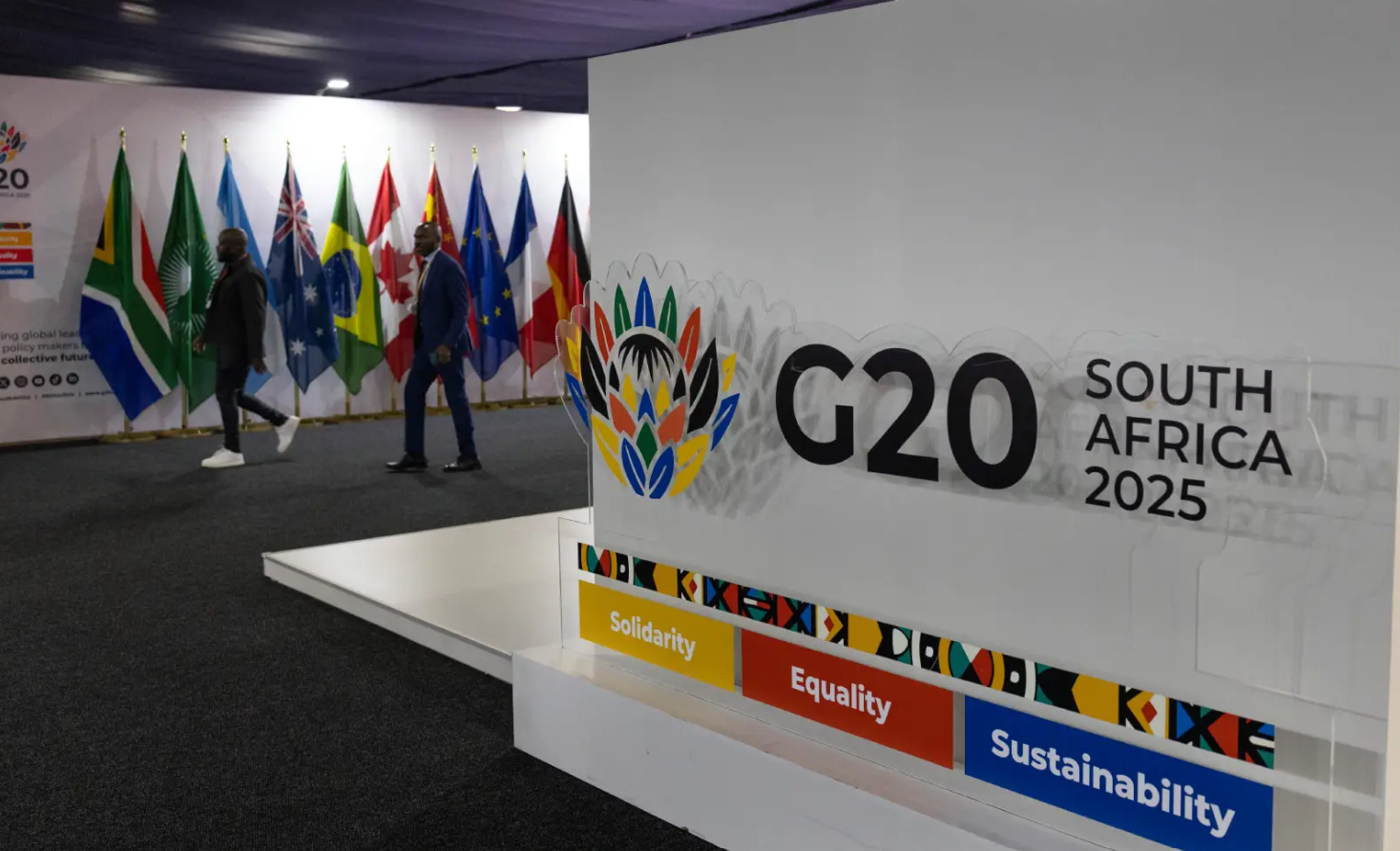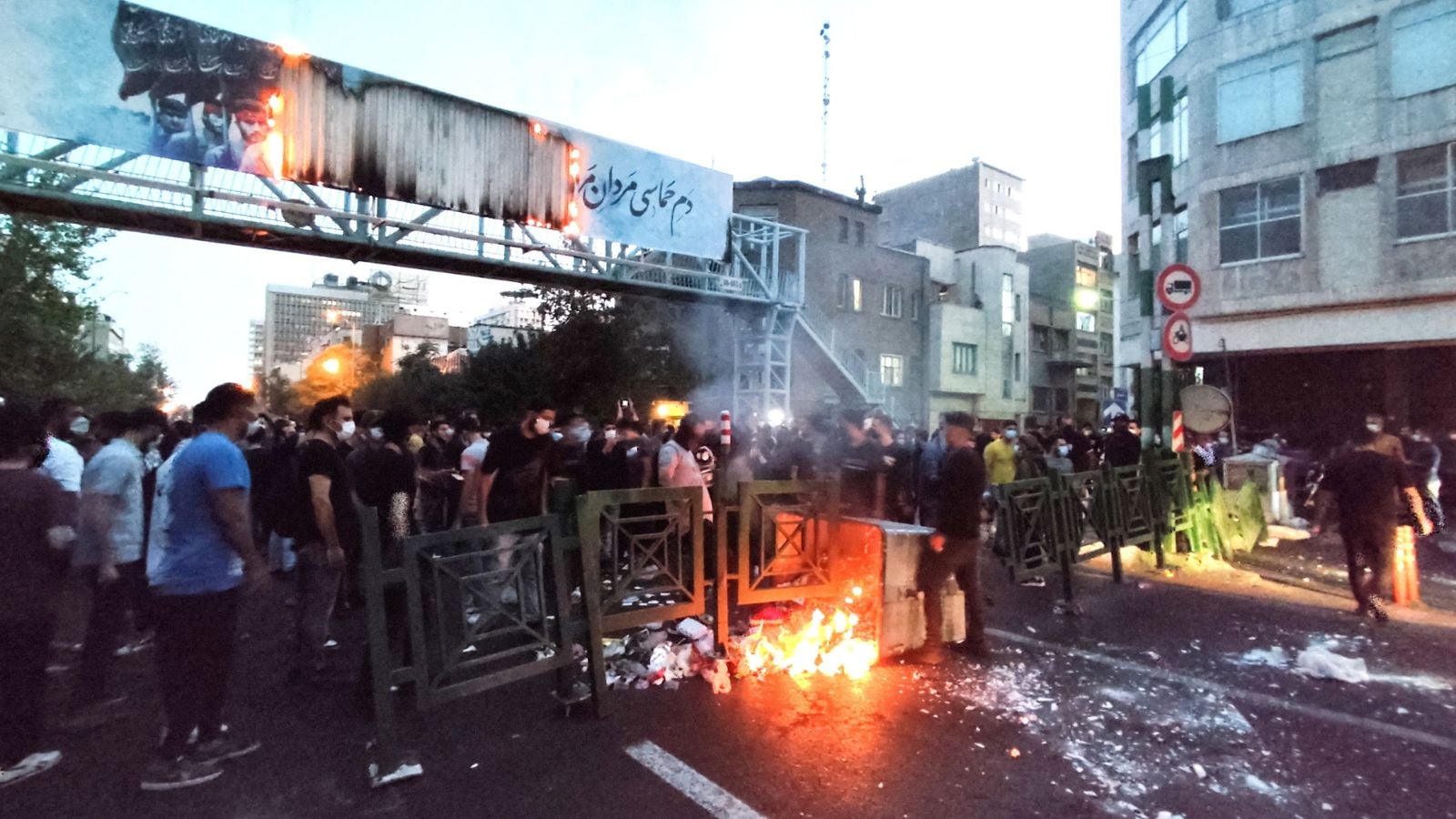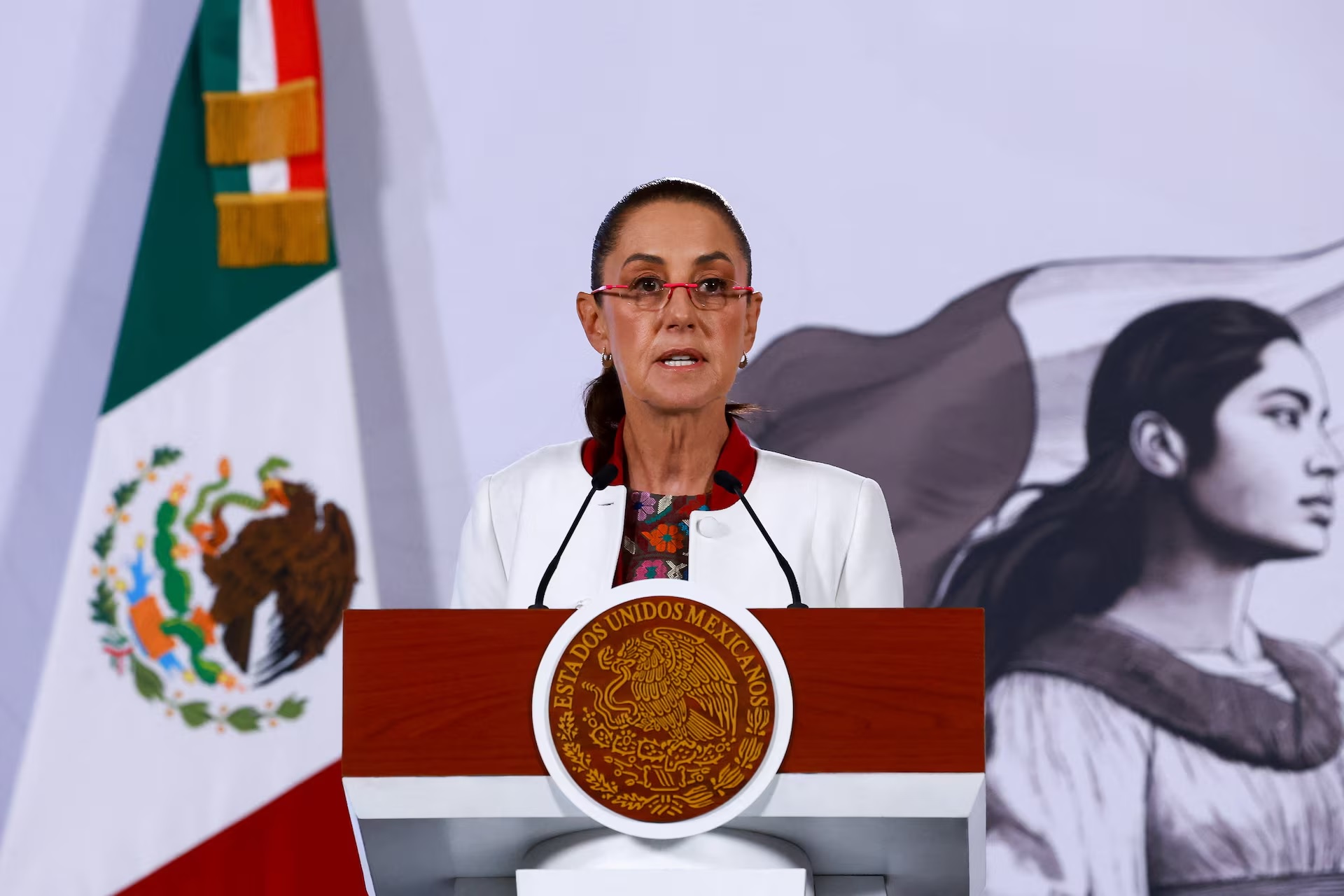U.S. Sticks to G20 Boycott, Undercutting South Africa’s ‘U-Turn’ Claim

Washington pushes back on Johannesburg summit narrative
U.S. officials have moved to quash talk of a diplomatic about-face over this weekend’s G20 summit in Johannesburg, insisting they are still effectively boycotting the gathering. South Africa had suggested the United States had reversed course and would rejoin full discussions, presenting it as an 11th-hour breakthrough. Instead, Washington says no senior representative will sit at the table, framing its presence as purely procedural and limited to a handover as next year’s G20 host. The dispute exposes a widening gap between the two governments over human rights, trade frictions, and how to manage an increasingly politicized global forum. The wrangle comes as President Donald Trump faces pressure at home over foreign policy and allies’ doubts about his commitment to multilateral institutions
South Africa’s presidency had portrayed the supposed U.S. “return” as a diplomatic win, noting that the summit is being held in a politically charged climate after months of U.S. criticism of Pretoria’s stance on white minority farmers and broader governance issues. Officials in Johannesburg suggested U.S. participation would signal a reset, especially as South Africa juggles relationships with Washington, Beijing and Moscow. Instead, the clarification from Washington underscores how far relations have cooled. Analysts say it also reflects the G20’s drift from its original crisis-coordination role into a stage for symbolic gestures, walkouts, and competing narratives that play well at home but deliver fewer concrete outcomes. For South Africa, the summit is a chance to showcase leadership in the Global South; for the U.S., it is an arena where domestic political calculations now loom larger than consensus-building.
G20 tensions, diplomatic optics and economic stakes
Behind the public disagreement lies a deeper question about how the G20 functions when major players refuse to fully engage. Washington’s insistence that only an ambassador will attend a narrow handover ceremony underscores its attempt to signal disapproval without a full-scale boycott that could alienate partners. For South Africa, however, reduced U.S. visibility threatens to dilute the impact of host-nation agenda items on debt relief, reform of international financial institutions, and responses to ongoing conflicts. Diplomats warn that mixed messaging about attendance can complicate preparations and weaken joint statements, giving larger emerging economies space to shape outcomes in ways that may sideline U.S. priorities.
Investors and policy watchers are also reading the episode as part of a pattern. Washington has increasingly used high-profile absences or downgraded representation to signal displeasure with governments it accuses of backsliding on democratic norms or aligning too closely with rivals. At the same time, the U.S. still needs G20 forums to discuss global inflation, energy security, and supply-chain resilience. That dual track produces contradictory signals—boycott rhetoric alongside quiet technical engagement. For smaller and middle-income countries, the standoff highlights the risk that their big showcase summits can turn into proxy battlegrounds for major-power disputes, overshadowing the development issues they hope to put at the center.





















